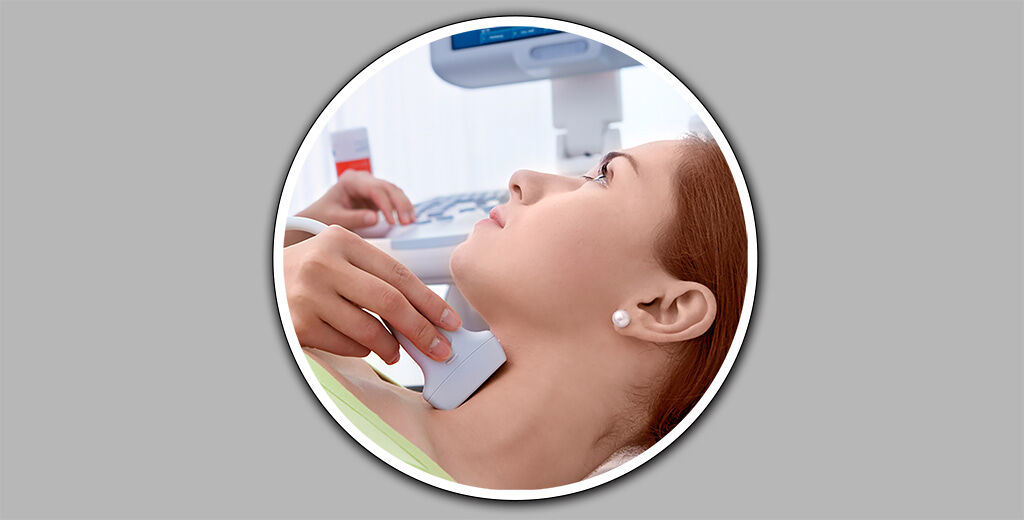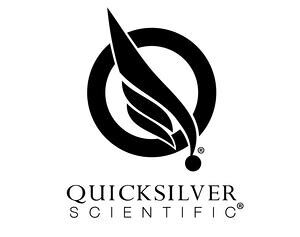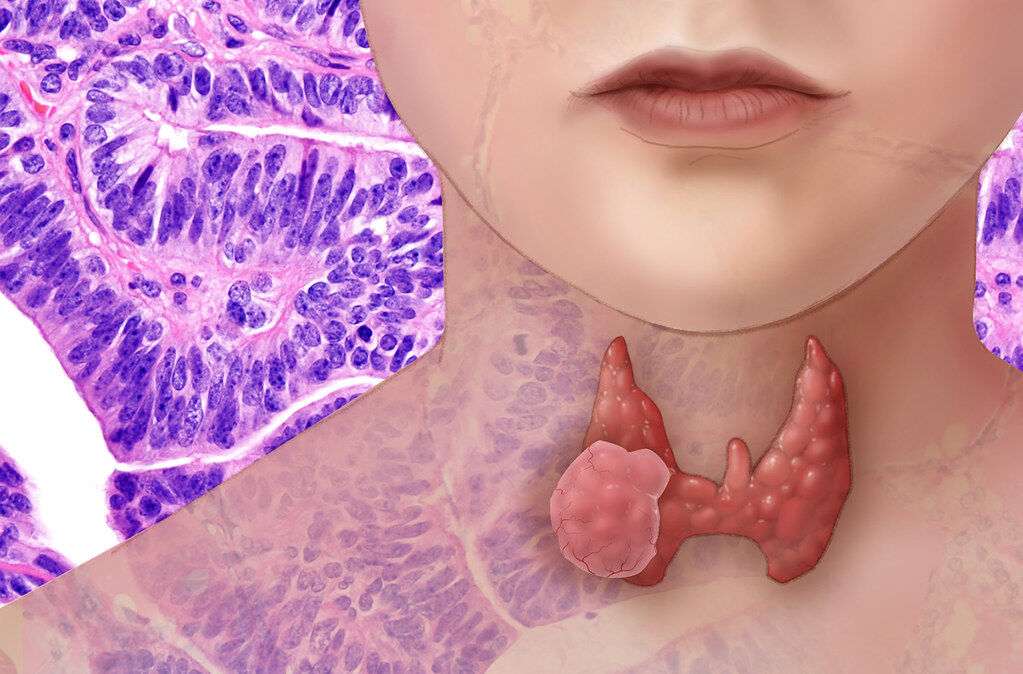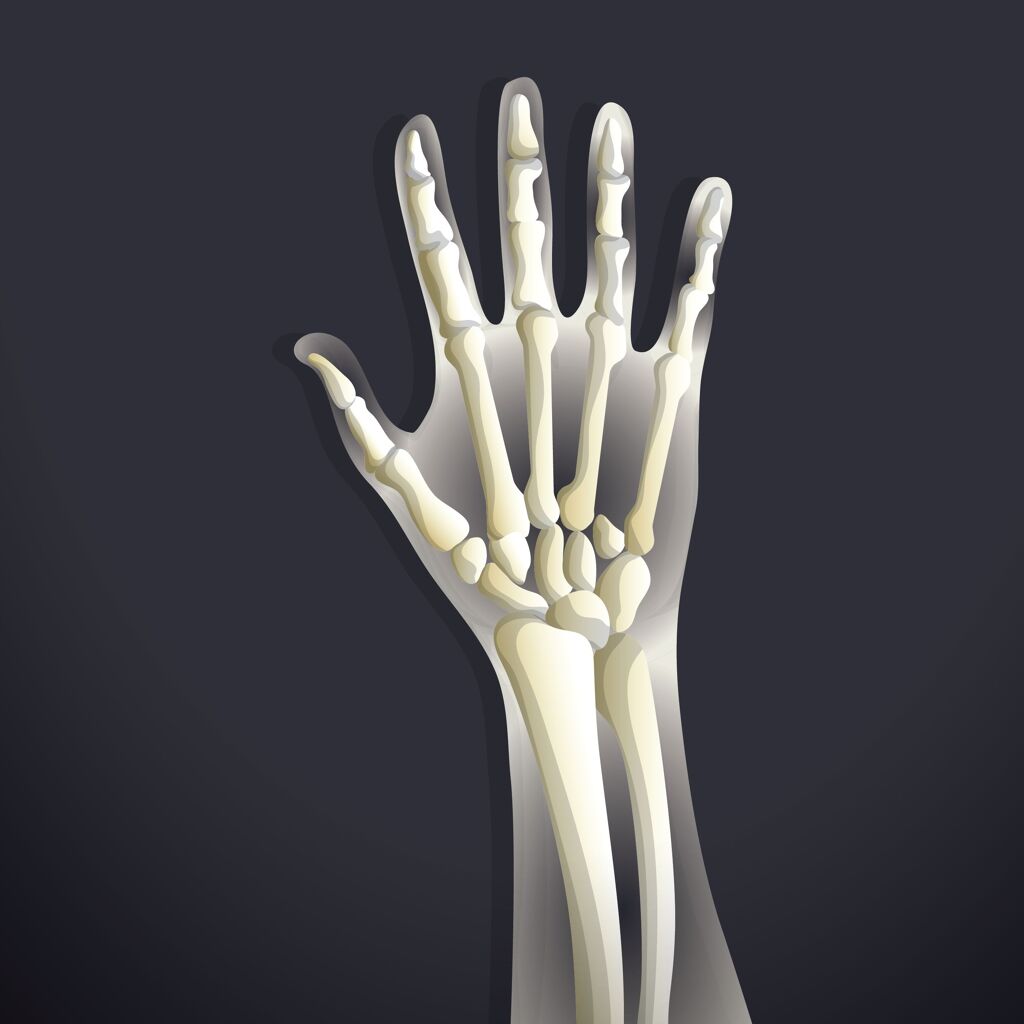Thyroid Series: Thyroid Nodules

Welcome to our Thyroid Series of blog articles. This article covers the topic of thyroid nodules and solutions to address them. We hope you have followed our previous articles on the thyroid; introduction to the thyroid, hypothyroidism, hyperthyroidism, Hashimoto’s and Graves disease. This is the last article we will write in the Thyroid Series. We hope that you have followed each week and have found the information and solutions on thyroid conditions useful.
** Please note: If you want the short summary version of this article with a video, then please click here **
Thyroid Nodules – What are they?
A thyroid nodule is a growth of thyroid cells that forms a lump within the thyroid (Smith-Bindman R, 2013). Most nodules are cysts filled with fluid or with a stored form of thyroid hormone called colloid (American Cancer Society, 2019). Solid nodules have little fluid or colloid and are more likely to be cancerous. However, most solid nodules are not cancer (American Cancer Society, 2019).
If a thyroid nodule becomes too large, it may cause thyroid dysfunction (Popoveniuc G, 2012). Occasionally, there can be specific complications associated with a thyroid nodule. There can be issues with swallowing or breathing if a nodule or a multinodular goiter becomes large enough (Popoveniuc G, 2012). A thyroid nodule may make too much thyroid hormone and cause hyperthyroidism. Nodules that produce too much thyroid hormone are almost always benign (American Cancer Society, 2019).
How Common are Thyroid Nodules?
Due to better ultrasound imaging and more focus on preventative care, thyroid nodules are found more often and we now know that they are more common than previously thought. The prevalence of thyroid nodules really depends on the identification method.
- Frequency ranges from 4-7% by palpation of the thyroid and from 20-76% by ultrasound in the adult population (Fröhlich E, 2019).
- Thyroid nodules found in either surgery or autopsy are reported to be between 50-65% (Fröhlich E, 2019).
- They are most common in women (Popoveniuc G, 2012). One theory as to why is the increased role of estrogen and aromatase activity (the conversion of testosterone to estrogen) in women, which could be the mechanism for thyroid growth (Andrade de Siqueira R, 2019). Another hypothesis could be that women go to the doctor more often than men, so there is a higher probability of finding a thyroid nodule in women (Andrade de Siqueira R, 2019).
The great majority, 95%, of thyroid nodules are benign (Smith-Bindman R, 2013). The remaining 5% are malignant and are among the most successfully treated endocrine cancers (Stancioiu F, 2019).
Thyroid cancer is rare, affecting 1 in 10’000 people annually and less than 1% of individuals throughout their lives (Smith-Bindman R, 2013).
To Read About Blog Topic, Scroll Down
Want To Work With Our Clinic?
Do you have a chronic or mystery illness that no one has been able to help you with? Are you simply wanting to re-connect with a healthier version of yourself? It’s Time To Finally Feel Better!
What Causes Thyroid Nodules?
The root causes of benign thyroid nodules are not entirely clear. But we do have associations and research showing a number of factors that are likely contributing to the development of benign thyroid nodules. A thyroid nodule is basically inflammation so we need to identify what is causing the inflammation. We need to get to the root cause.
Chronic inflammation of the thyroid: Hashimoto’s disease, an autoimmune thyroid condition, is associated with thyroid inflammation and can result in nodules (Mayo Clinic, 2020). But this is not a root cause because something is causing the Hashimoto’s autoimmune reaction.
Iodine deficiency: A lack of iodine in the diet can lead to thyroid nodules (Fröhlich E, 2019). Low iodine intake increases the secretion of thyroid-stimulating hormone (TSH) (Santos JEC, 2015). This can increase both the size and number of thyroid cells, which has a direct effect on the thyroid gland. This can progress to the development and growth of thyroid nodules (Santos JEC, 2015).
Radiation exposure (either through medical procedures or through exposure to nuclear radiation): Most studies indicate an increased risk of any type of thyroid nodule post-radiation exposures (Cahoon EK, 2017).
Obesity: There is a positive association between total body fat percentage and thyroid nodules (Andrade de Siqueira R, 2019). Severely obese and obese people are be more likely to develop thyroid nodules (Andrade de Siqueira R, 2019). One study looked at this relationship and found that thyroid nodules were positively associated with weight, height, BMI and BSA (body surface area), suggesting that tall, obese individuals have increased susceptibility to thyroid nodules (Xu W, 2015). Obesity is related to high insulin levels, increased aromatase and leptin activity, chronic oxidative stress, impaired immune response and chronic low-grade inflammation (Andrade de Siqueira R, 2019). Obesity is associated with insulin resistance, increased production of insulin and insulin-like growth factors (Xu W, 2015). It is also related to excess adipose tissue and leptin produced by adipocytes, which in turn have been reported to be associated with thyroid disorders (Xu W, 2015). These factors likely contribute to the development of thyroid nodules (Andrade de Siqueira R, 2019).
Metabolic syndrome: Metabolic syndrome is a grouping of abnormalities; abdominal obesity, high blood glucose levels, dyslipidemia (high cholesterol), insulin resistance (IR) and hypertension (high blood pressure). It is associated with cardiovascular disease risk and cancer. The cancer risk is attributed to IR and hyperinsulinemia (Mousa U, 2019). The prevalence of metabolic syndrome is higher in people with a thyroid nodule compared to those without (Mousa U, 2019). The aspects of metabolic syndrome that are most associated with thyroid nodules are hypertension and abnormal glucose metabolism (Mousa U, 2019).
Abnormal glucose tolerance (diabetes or pre-diabetes): Thyroid nodules are more common in people with abnormal glucose tolerance (diabetes type 2 or pre-diabetes) compared to those with normal glucose levels (Mousa U, 2019).
High blood pressure: The risks for developing a thyroid nodule and the incidence of thyroid nodules is significantly higher in those with hypertension than people with normal blood pressure (Mousa U, 2019).
Insulin resistance (IR): There is a relationship between IR, thyroid volume and the formation of thyroid nodules in those with metabolic syndrome (Andrade de Siqueira R, 2019). IR is positively associated with nodules and thyroid cancer, even in normal weight people who are insulin-resistant (Andrade de Siqueira R, 2019). Another study found that the incidence of nodules is higher in people with IR (Mousa U, 2019).
IGF-1-related mechanisms: IGF-1 is Insulin Like Growth Factor, a protein that is similar to insulin (Mousa U, 2019). It stimulates cell growth and decreases cell apoptosis or cell death (Mousa U, 2019). The insulin/IGF-1 pathway modulates thyroid gene expression and is involved in thyroid cell division, growth and differentiation (Mousa U, 2019). It increases the risk of developing thyroid nodules, as does higher insulin levels seen in people with IR (Mousa U, 2019).
Vitamin D: Lower vitamin D3 levels, in the presence of metabolic syndrome, has also been observed to be associated with thyroid nodules in severely obese patients (Andrade de Siqueira R, 2019).
Gut Microbiome: As we know from our Thyroid Series, thyroid disorders are linked to the composition of the gut microbiome (Fröhlich E, 2019). Microbes influence thyroid hormone levels by regulating iodine uptake, degradation and cycling of iodine (Fröhlich E, 2019). In addition, the gut microbiome composition can influence minerals, particularly selenium, iron and zinc (Fröhlich E, 2019). So, if gut dysbiosis exists then gut function is impaired. The absorption and action of key thyroid minerals, especially iodine but also selenium, iron and zinc, would not be functioning well and a thyroid nodule could result.
In fact, thyroid nodules, specifically, are associated with the composition of gut microbiome (Zhang J, 2019). One study looked at stool samples of study participants (Zhang J, 2019). People with thyroid nodules had lower levels of Lactobacillus, which is involved in selenium metabolism (Zhang J, 2019). Selenium is extremely important for thyroid function. The study also found low levels of Butyricimonas, which reduces inflammation and helps maintain a healthy gut (Zhang J, 2019). Other bacteria were more abundant with thyroid nodules; specifically, Neisseria and Streptococcus, which both play a role in the functioning of the thyroid and onset of nodules (Zhang J, 2019).
Solutions for a Benign Thyroid Nodule
Standard Treatment
Most thyroid nodules are benign. Benign thyroid nodules can usually be left untreated and monitored closely, as long as they are not growing in size or causing symptoms.
Treatment strategies include surgery and some non-invasive procedures including radiofrequency ablation, alcohol injection, high intensity-focused ultrasound or laser ablation. Performing any type of procedure or surgery should be based on the risk of malignancy and symptoms from the nodule (Durante C, 2018).
It is possible that after surgery to remove a nodule, thyroid hormone replacement therapy is necessary for the rest of a person’s life (Mayo Clinic, 2020).
FM Solutions to Thyroid Nodules
As always, we strive to bring you natural solutions to consider which can help to avoid surgery, procedures or medications. One key to thyroid nodules is to reduce inflammation. How can you reduce inflammation?
Reduce Risk of Metabolic Syndrome: Check your blood pressure, cholesterol, glucose and insulin markers to determine if you are at risk or have metabolic syndrome. Lose weight if necessary. Improve your diet, exercise and work with a FM practitioner to rebalance.
Balance Blood Sugar and Follow an Anti-Inflammatory Diet: We have written about diet every week in our Thyroid Series starting here. Here is a quick recap: An anti-inflammatory, blood-sugar-balancing diet is the Paleo Diet, the Autoimmune Paleo Diet or the Gluten-free Mediterranean Diet. Avoid gluten, sugars, refined carbohydrates, processed foods, alcohol, common food allergens like soy, poor quality food ingredients like preservatives and other chemicals, genetically modified ingredients, etc.
Fix Gut Health: Work with an experienced FM practitioner to identify and resolve gut problems that you may have and to rebuild and rebalance the gut microbiome.
Consider an Iodine Deficiency: Test your iodine levels using a urine test. If low, eat high iodine foods – see here, in our previous article for a list – as nodules can be related to an iodine deficiency. It is best to work with a FM practitioner on iodine. We need just the right amount of iodine. Too little is a problem but too much can also cause harm, especially if you have Hashimoto’s or hyperthyroidism. Please see someone about testing for and supplementing iodine.
Manage Stress Levels: Use diet, herbs, other supplements and lifestyle practices (meditation) to correct any hormonal imbalances and maintain a healthy stress response.
Check for Chronic Viral or Bacterial Infections: Work with an experienced FM practitioner to identify and address any chronic infections that you may have.
Avoid Toxins: Avoid toxins in your environment, in your home, in your food and in your personal care products to keep your toxin load manageable.
Get Adequate Sleep: Make time for sleep in your schedule and practice good sleep hygiene (no EMF/ electronic stimulation 1-2 hours before bed, sleep in a cool, dark and quiet room, set a up routine to follow in the evening to prepare for bedtime and sleep).
Supplements:
A combination of spirulina-curcumin–Boswellia decreases the size of benign thyroid nodules (Stancioiu F, 2019). The mechanisms through which the supplement works is likely due to the anti-inflammatory effects and improved antioxidant status of the supplement combination (Stancioiu F, 2019).
Spirulina is an algae, which grows naturally in fresh and saltwater. Spirulina is a true super food. It has a very high protein content at 40–65% of its dry mass (Stancioiu F, 2019). Spirulina contains all of the essential amino acids, minerals (Fe, K, Na, Ca, P, I, Mg, Zn, Cu, Se, Mn, Cr) and vitamins (carotenoids, vitamins B1, B2, B3, B6, B12, folate, biotin, pantothenic acid, vit K1, K2), gamma linolenic acid, chlorophyll and phycocyanin, making it a complete food source (Stancioiu F, 2019). It also has large amounts of antioxidants, such as superoxide dismutase, zeaxanthin and vitamin E (Stancioiu F, 2019).
Curcumin is a phytonutrient and the active compound in the spice turmeric. It has strong anti-inflammatory properties. Curcumin can benefit arthritis, inflammatory bowel disease, pre-diabetes and even early stages of tumor growth (Stancioiu F, 2019). It downregulates inflammation and oxidation and reduces the levels of inflammatory markers (IL-6, hs-CRP and MDA) (Stancioiu F, 2019).
Boswellia, an herb, is also an anti-inflammatory. It blocks the NFkB pathway, which partially regulates inflammation, and modulates the activity of T cells, which are part of the immune system (Stancioiu F, 2019). Together with curcumin, it can inhibit the production of inflammatory molecules, specifically the cytokines Il-6, IL-8, TNF-α and reactive oxygen species (Stancioiu F, 2019).
Other Supplements to Consider
Iodine: Thyroid nodules are related to an iodine deficiency. It is therefore advisable to have iodine levels tested through a urine test and to supplement if necessary, with the help and expertise of your FM practitioner.
Vitamin D: Vitamin D is associated with thyroid nodules. Have your D levels tested and supplement if necessary.
*** This is the end of our Thyroid Series. ***
Are You Suffering From A Chronic Illness?
Does your current health situation look like this…
- Do you feel that you have tried many things and either nothing works, or the treatment does not hold?
- Have you been told that there is nothing that can be done to reverse your illness and you just need to manage symptoms?
- Does your illness impact your work, your family, your happiness and your social life?
We specialize in finding answers and solutions for complicated chronic illness when people feel like they have tried everything. If this sounds like you, book a free call with us to see if we are the right fit for your health goals.
Dr. Miles has spoken for the following organizations:
















